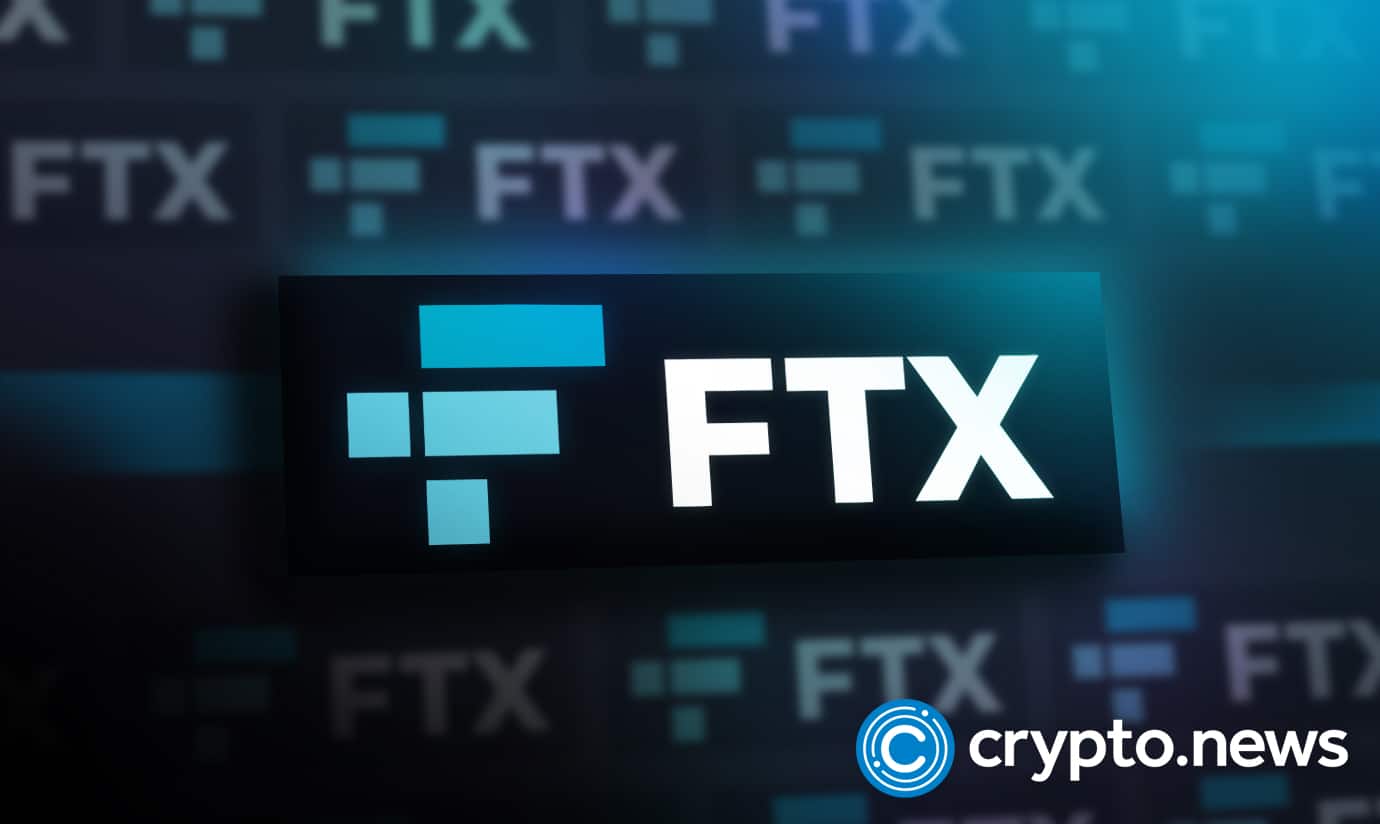Crypto firm FTX’s U.S. bank ownership raises questions

A stake in the country’s smaller banks is one of the many surprising assets discovered in the bankruptcy case of the crypto exchange, FTX. Farmington Bank is a Washington state-based bank with just one location and, up until earlier this year, a total of three full-time staff members. There was no provision for electronic banking or plastic payment options.
Doubts raised over FTX investment in Farmington Bank
The exchange’s credibility has been further damaged by the collapse of FTX and its suspected connection to the minor bank. How well connected is the FTX in the Bahamas to the global monetary system? We can’t help but wonder what else the authorities overlook. How will Farmington be pulled into a multibillion-dollar bankruptcy in the quest for FTX’s missing assets?
In March, FTX’s sister company, Alameda Research, invested $11.6 million in Farmington State Bank’s parent company, FBH, solidifying the relationship between the two institutions. Farmington was the twenty-sixth smallest bank in the United States out of 4,800. The Fed Deposit Insurance Corp reported that its total assets amounted to $5.8 million.
Ramnik Arora, a prominent lieutenant of the exchange’s founder Sam Bankman-Fried, led the investment by FTX that, according to financial regulators, was more than nearly twice the bank’s net worth. Many of FTX’s unsuccessful, more significant deals with Sequoia Capital and other VCs were negotiated and signed off on by Mr. Arora.
Numerous cryptographic connections are available in Farmington. In 2020, FBH acquired the bank. Jean Chalopin, who in the 1980s co-created the animated police officer Inspector Gadget, also serves as president of Deltec Bank, a Bahamas-based competitor of FTX.
Tether, a cryptocurrency startup selling a stablecoin linked to the dollar, is Deltec’s most well-known customer. Tether has $66 billion in assets.
Tether’s shareholders contributes to lingering skepticism
Tether’s secretive shareholders and foreign bank accounts have contributed to lingering skepticism about the company’s financial stability. Concerns have been raised that Tether, through Alameda, was one of FTX’s main trading partners, which could suggest that the stablecoin has links to FTX’s fraudulent activities that have not been uncovered yet.
Farmington’s deposits had been hovering around $10 million over the previous decade before the purchase. However, deposits at the bank increased by roughly 600% to $84 million in the third quarter of this year. According to FDIC statistics, nearly all of the rise ($71 million) may be attributed to just four new accounts.
What exactly FTX planned for Farmington remains obscure. Farmington is known as Moonstone Bank in cyberspace. A trademark for the brand name was filed just days preceding FTX’s funding. Moonstone doesn’t discuss Btc or other virtual currencies on its site.
According to the document, Moonstone is keen on aiding “the emergence of future finance.” To purchase a share in a licensed American bank, FTX would need the approval of federal authorities, which could be more apparent. Financial experts are skeptical that management would have willingly allowed FTX to acquire a majority stake in a US bank.
According to Camden Fine, a former head of the Independent Community Bankers of the US and current consultant in the banking industry. “The fact that an overseas investment firm, primarily a crypto company, was buying shares in a tiny bank for larger amounts of its declared book value should have raised tremendous red flags for both the FDIC and state regulators.”
The fact that this was all given the go-light is quite astounding.














